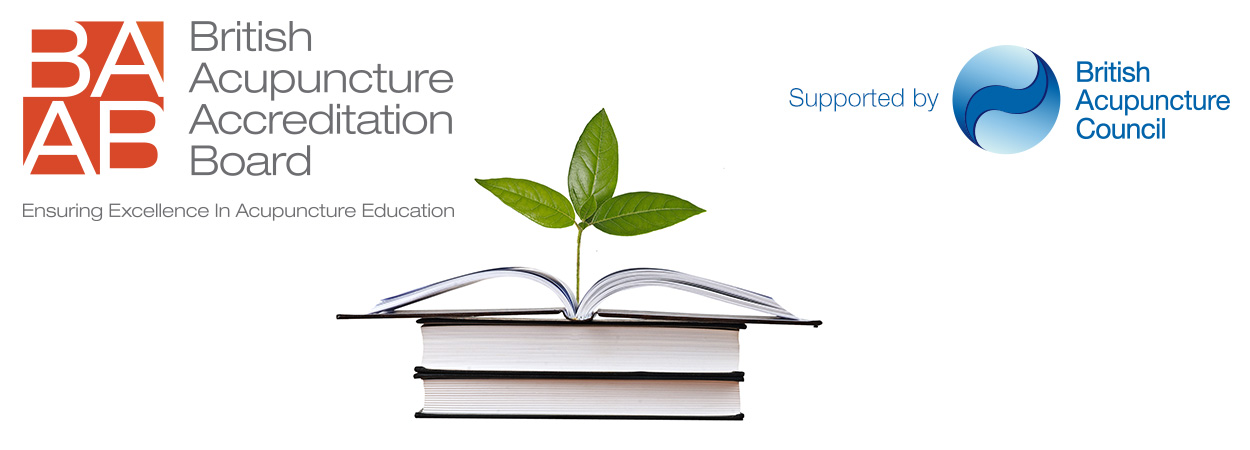The accreditation process, through which our courses are approved, is rigorous and transparent, and has been recognised as such by the UK Department of Health and by the universities with whom we work. All of our courses recently reviewed by the Quality Assurance Agency (QAA) received judgements of confidence.
Acupuncture in the UK is a young profession, and grew up in independent colleges, led by committed exponents and experts of this longstanding system of medicine. Early courses were not subject to any external quality assurance processes. An important emphasis of the Board from the outset was development – of the courses, the staff and of the policies and processes of the Board itself. For an independent college or a university, working with the Board officers, it takes from three to six years before a course is fully accredited. Throughout this time, and subsequently, the institution has the support and advice of a specified accreditation officer of the Board.
The process involves:
- Preparation of documentary evidence by the institution wishing to be accredited that they are meeting the Board's six Standards of Education and Training for Acupuncture Programmes (SETAPs) as found in the Accreditation Handbook. This includes meeting the British Acupuncture Council’s (BAcC’s) BAcC Educational Standards, which specifies length of course, amount of clinical practice and content
- Review of this documentation by the Accreditation Committee
- A visit by a team which will include two acupuncturists and an accreditation officer to discuss the course with the managers, staff and students. Teaching in the classroom and the clinic and compliance with the BAcC Code of Safe Practice will be observed.
- Discussion at both the Accreditation Committee and Board of the report of the visiting team and recommendation on accreditation.
Stages of Accreditation
In order to support the development of the course and ensure that policies are robust and the course is appropriately resourced and managed, there are a number of stages of accreditation:
1. New Programme Proposal
After an initial discussion with Board officers the institution formally notifies the Board of their intention to develop a course for accreditation through submitting a New Programme Proposal (NPP). Download the New Programme Proposal Proforma.
2. Approval for Development to Full BAAB Accreditation
If accepted, the institution will be expected to develop their programme in a systematic, reflective and self-critical fashion. An named accreditation officer will have a responsibility to keep in touch with and support the institution, and to report it’s progress to the Accreditation Committee. Once the course has demonstrated that it has the potential to meet the requirements of the Board, it can submit for Approval for Development to Full BAAB Accreditation. Should this period extend beyond one year, the institution will be expected to submit a progress report on all aspects of its institutional and programme development.
3. Full Accreditation
Once the teaching clinic has been established and the first cohort of students is in their second year, the institution may submit for Full Accreditation. This involves a longer visit with observation of teaching both in the classroom and the clinic as well as discussion and scrutiny of minutes, course work and so on. Being awarded Full Accreditation enables graduates to be eligible for membership of the BAcC by direct entry. Full accreditation will only be granted once the processes for managing the course have been demonstrated to be robust and the course demonstrates that it is being delivered to the appropriate standards through its first graduates.
4. Maintaining accreditation
Accreditation is maintained through
-
- demonstrating through annual reports and dialogue with your accreditation officer continuing development of the accredited programme to meet the SETAPs
- periodically, demonstrating robust and critically reflective management of the programme through a major review
- submitting institutional fees to the Board
A full description of this process is available in the BAAB Accreditation Handbook


